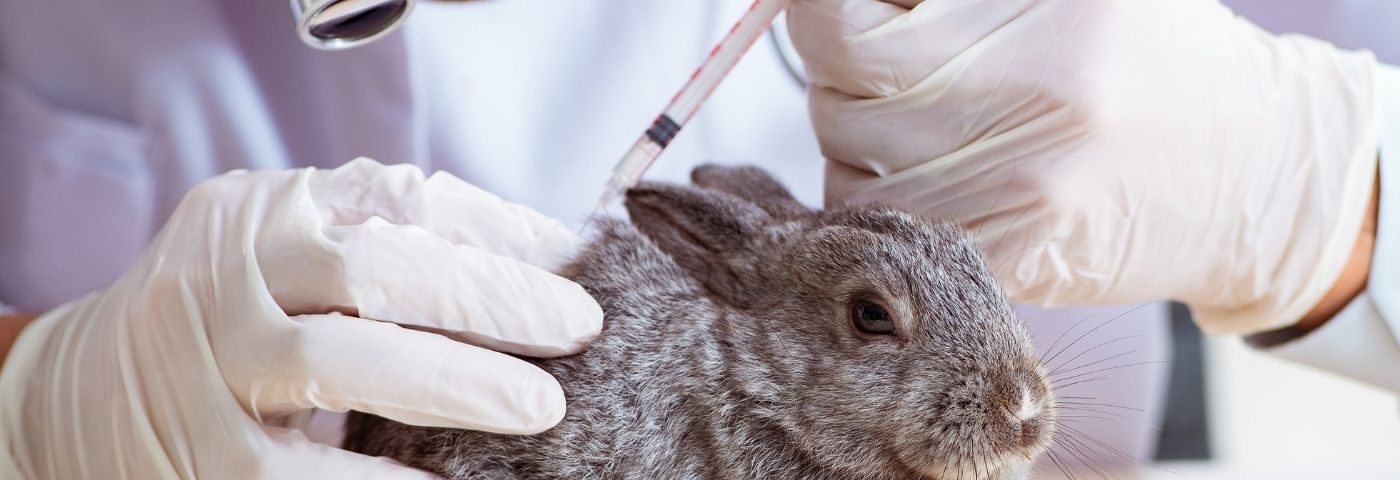China has started its cosmetic regulatory reform since the finalization of the overarching regulation- Cosmetic Supervision and Administration Regulation (CSAR) on June 29, 2020, and is releasing a series of subsidiary regulations to improve its new cosmetic regulation framework.
Starting from the initiation of the cosmetic regulatory reform, whether China will soften its stance on animal testing under the new cosmetic regulatory framework has been the most concerned topic in the industry. Encouragingly, two draft subsidiary regulations of CSAR released on August 28 (Instructions for Cosmetic Registration and Notification Dossiers and Instructions for New Cosmetic Ingredient Registration and Notification Dossiers) introduce 2 policy shifts towards animal testing management in China.
Policy shift 1: Imported general cosmetics can be exempted from animal testing
According to the draft Instructions for Cosmetic Registration and Notification Dossiers, companies can apply for exemption of animal testing for imported general cosmetics if they fulfill the following conditions:
- The manufacturers have obtained the relevant certification of GMP issued by the cosmetic regulatory authority of the country (region) where they are located.
- The safety assessment results can fully confirm the safety of products.
General cosmetics refers to all the products complying with the definition of cosmetics within the CSAR, except for the special cosmetics namely hair dyes, hair perming products, freckle-removing and whitening products, sunscreens, anti-hair loss products and cosmetics claiming new efficacy.
However, the Instructions also regulate that in the following cases animal testing will be required:
- Products claim to be used by children
- Products using new cosmetic ingredient during their 3 years of required monitoring
- The notifier/RP/manufacturer is listed as a key supervision target according to the results of the quantitative rating system established by the NMPA
- The notifier/RP/manufacturer has been investigated and penalized due to quality or safety issues
As long as one of these conditions apply, companies are still required to conduct animal testing.
ChemLinked Comments:
Some overseas cosmetic companies may face a barrier for the animal testing exemptions as they may fail to submit the GMP certificate granted by the local government cosmetic authority. In some regions, like the EU, the government cosmetic authority won’t issue an official GMP certificate due to the local cosmetic regulatory scheme. The GMP certificates that can be provided are generally issued by cosmetic associations or international standardization organizations.
Policy shift 2: International alternatives can be accepted for new cosmetic ingredients
Instructions for New Cosmetic Ingredient Registration and Notification Dossiers regulates that international alternatives recognized by an international authoritative alternative validation agency such as OECD, ICCR, ICCVAM, EURL-ECVAM, JaCVAM, etc. can be accepted for the notification or registration of new cosmetic ingredients.
To use the data derived from International alternatives, companies shall comply with 2 requirements:
- The appropriate Integrated Approaches to Testing and Assessment (IATA) shall be selected to evaluate the toxicity based on the characteristics of the new ingredient and the specific toxicological endpoint.
- Supporting documents proving the consistency of results obtained from the alternatives and the existing toxicological testing methods in China shall be submitted.
For the supporting documents, they can be related research papers and scientific works that have been openly published and include detailed analysis, or testing reports issued by an internationally accepted Good Laboratory Practice (GLP) compliant labs. They shall include a brief description of the testing method research process, comparative research data of not less than 10 test substances, result analysis, conclusions and original texts, etc.
ChemLinked Comments:
Similar to the animal testing exemption for imported general cosmetics, the conditions for the acceptance of international alternatives are also stringent. It is quite difficult for companies to provide such supporting documents as the existing qualified research papers and scientific works are rare and the fees for conducting the required testing and obtaining the testing reports are very expensive.
Although there are great limitations, these 2 new policies are undeniably a big step taken by China towards reducing animal testing. Animal testing ban is undoubtedly a future trend so we can expect China to gradually start phasing out animal testing.
Read more on how China plans to remove mandatory animal testing for imported general cosmetics.

